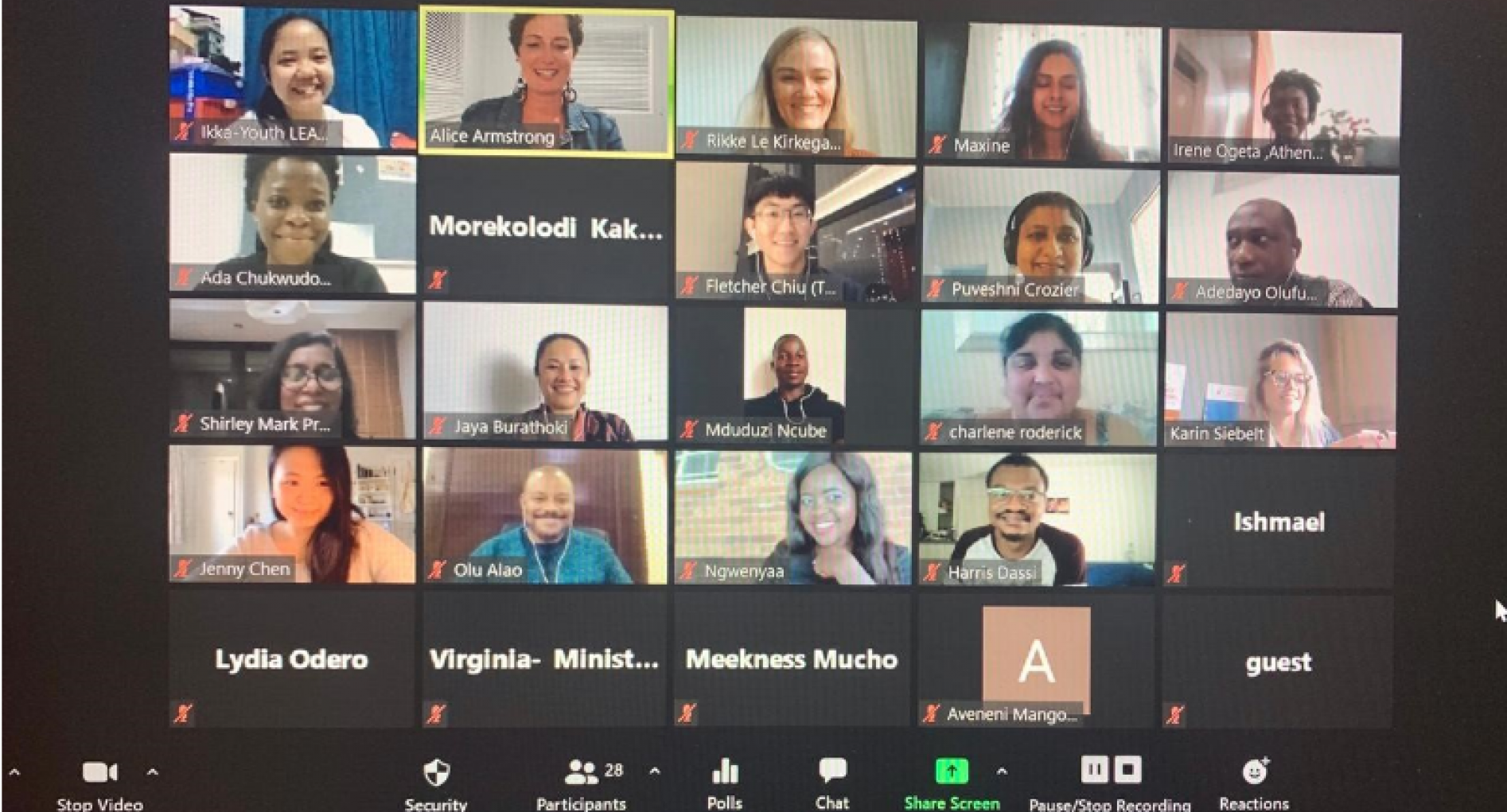The International Workshop on HIV & Adolescence 2020 is taking place as a series of virtual sessions during the month of November with the aim to share experiences, knowledge and best practices on optimizing the care of adolescents living with HIV across the spectrum of health and developmental needs.
Each week, UNICEF's Children and AIDS Learning Collaborative will provide highlights from the workshop in partnership with Virology Education.
The third week of the workshop featured two sessions and posters on treatment, care and support for adolescents living with HIV as well as their relationship with pills and injections.
Continue reading below for a summary of this week's sessions
Workshop Highlights From Week 3 | HIV & Adolescence 2020

Highlights from Week 3
Relationship with Pills and Injections: Friend or Foe
Dr. Allison Agwu, John Hopkins University School of Medicine, provided an overview of developments within biomedical interventions for prevention and treatment and discussed the unique intervention challenges for adolescents. She mentioned the need to simplify treatment to fewer, smaller pills with fewer drugs included. Nonadherence to PrEP and ART is multifactorial and thus necessitates differentiated and creative service delivery design.
A study in the US has shown high interest among adolescents and young people in using long-acting injectable ART, especially among those with high viral load. Dr. Agwu highlighted recent promising results from multi-country trials on the efficacy of long-acting injectable ART and PrEP among diverse adult populations and underlined the obligation to include adolescent populations in clinical trials. Looking towards the future, multi-purpose strategies hold promise in delivering multiple services and drugs together for better access and adherence.
Three abstracts were presented:
- Dr. Elona Toska, University of Cape Town: Acceptability of long-acting injectable antiretroviral therapy among AYLHIV in South Africa: The missing link for reaching the 3rd 90? The Mzantsi Wakho study found that nearly one in two adolescents who had recently changed medication and experienced side effects, stock outs and hunger at the same time would prefer injectable over oral ART. Males were more likely to prefer this option, which could increase adherence for some individuals.
- Dominica Dhakwa, FHI 360: PrEP uptake among AGYW enrolled under the DREAMS programme in Zimbabwe. Only seven per cent of survey participants had accessed PrEP within the last six months, despite more than half having knowledge about PrEP. A key barrier to uptake was lack of consent from their sexual partner.
- Dr. Jeffrey DeCelles, Grassroots Soccer: Better, cheaper, more effective: Using a Rapid Cycle Improvement model to improve implementation and outcomes on sport-based VMMC demand creation in Zimbabwe. The RCI model was used to collaboratively review routine monitoring data to modify the intervention in real time. Following six months of implementation, a 23 per cent increase was observed in monthly voluntary male medical circumcision. It was also found that men may be reached more effectively with services at their workplace after hours.
Skills Building Workshops
Parallel skills building workshops took place on abstract writing and participatory research methods, demand generation, disaggregated data to improve HIV and sexual and reproductive health outcomes for adolescents, and the 'Red Carpet' model to engage adolescents and young people in quality services across the continuum of care.

In Partnership with UNICEF
The Children and AIDS Learning Collaborative connects stakeholders around the world on HIV and AIDS topics related to children, adolescents and pregnant women. Led by UNICEF, the community shares the latest research, publications, webinars and learning activities through email updates and on www.childrenandaids.org.
Contact Information
- For more information about the HIV & Adolescence Workshop and registration, please contact Rikke Rode at rikke.rode@vironet.com
- For questions or comments on this post, please contact Rikke Le Kirkegaard at rlekirkegaard@unicef.org
- Get in touch with the communications department at communications@amededu.com